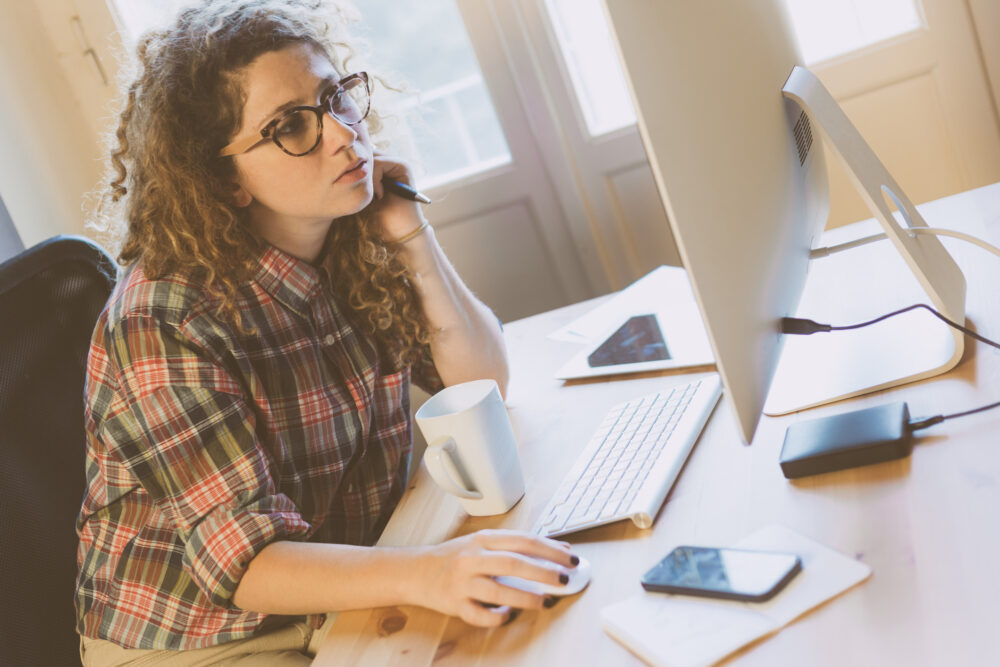with Professors Grant Devilly and Mark Kebbell
Professors Mark Kebbell and Grant Devilly from our School of Applied Psychology delivered a live interview for students and alumni about how to deal with trauma and build resilience during hard and trying times, with specific advice for coping with COVID-19.
We’ve transcribed the main points below and you can watch the full video on YouTube here. Trigger warning: the video discusses trauma, crime, mental health, and domestic violence.
Mark: What can we learn from your research in trauma and resilience on how to cope with COVID-19?
Grant: We know that the two things that tend to predict trauma reactions are number one, where it’s unexpected, and number two, where there’s a sense of lack of control.
There are two aspects to control, the trauma side and the isolation side. The one thing that comes up in research time and time again is to give ourselves a control through a schedule so we can have different parts to our day. We usually have a commute part of our day, a work part, a coming home part, a dinner and evening part. We’ve got to keep that going and give ourselves parts in our day.
And that can involve schedules even if you’re not working. If you have lost your job, still break up the day to give yourself a job, and to pre-plan that.
So presumably you’d recommend getting structure in your workday as well – what about the problem of it seeping into your day-to-day home life?
The main one is keeping certain parts of the day segmented and keeping that structure, particularly with partners. Have time apart so you’re not under each other’s feet all the time. If you normally work and don’t see anyone until lunch time, have that time to yourself in the morning, in separate rooms, and then come together for lunch. After lunch, go your separate ways again.
Related to that, we might be living with people who have different attitudes, and I’m thinking particularly introverts and extroverts. This situation seems to suit introverts much more than extroverts. I’m wondering if you’ve got any tips for extroverts.
Extroverts do need to actually physically go out. So that could mean doing something in the garden, or a physical activity you can do in the loungeroom, like table tennis. So have a physical activity punctuated by your other activities.
So that leads to my next question: if somebody in your family isn’t coping well, what’s the best thing you can do for them?
You can still see a psychologist via telehealth. You can get a referral from your GP, also via telehealth, and they’ll refer you to a psychologist. Many practitioners will bulk bill and you can clarify with them if there’s a gap that may need to be paid.
To summarise, what are your top tips for coping during the COVID-19 crisis?
Firstly, control and expectations: have a schedule and stick to your routine. Have something physical and something mental every day, whether that’s exercising at home or playing with the kids, or mentally, just learning a new skill. And finally, give yourself time out as an individual, away from the family or partner. You need to keep that time and drop in and out like you used to.
For further advice and explanation, you can view the full video here. Trigger warning: the attached video discusses trauma, crime, mental health, and domestic violence.



